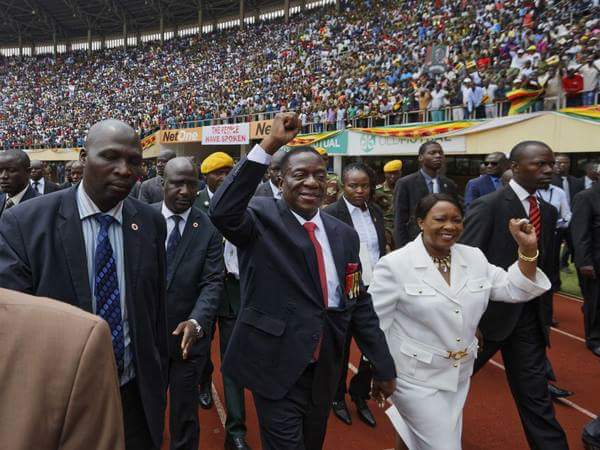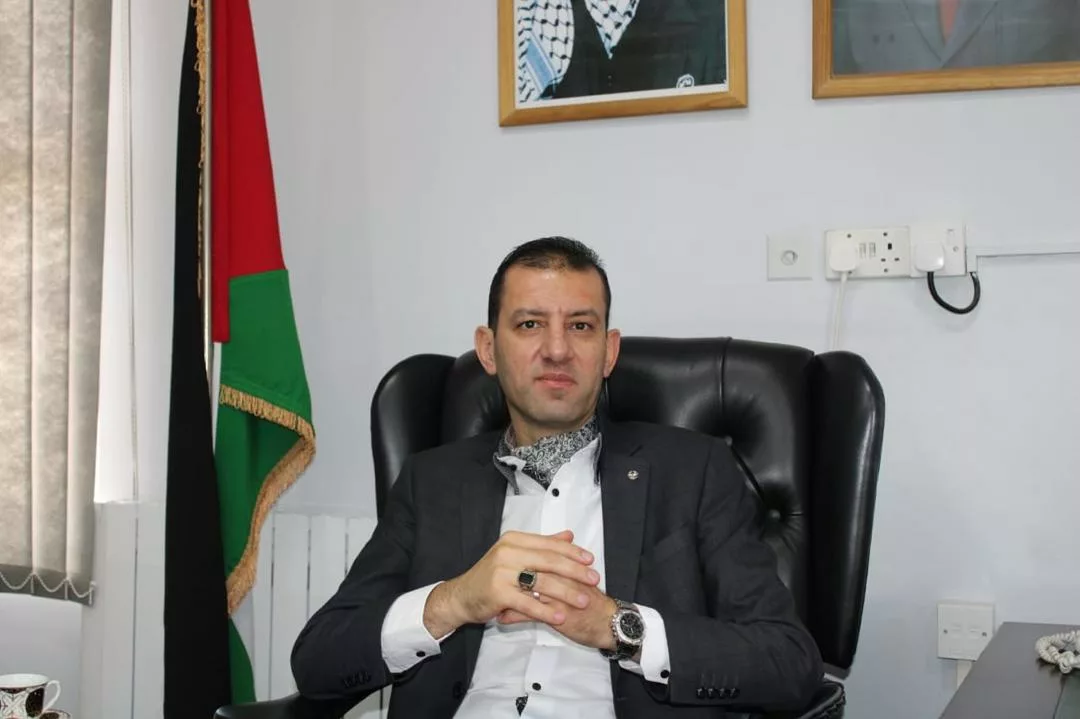By Farai Chirimumimba
But as the saying goes, “politicians campaign in poetry and govern in prose”. Now six months into a turbulent presidency beset by legitimate issues and unfilled promises, how well has President Emmerson Mnangagwa translated his lofty pledges into public policy? On Thursday, Mnangagwa finishes his first six months, yes, months in office. It has been an uneven comeback for the liberation war veteran and career government senior official, marked most notably by the skepticism of political rivals and the independent press, a failed promise to fight corruption, create jobs and deal with the cash shortages.
Mnangagwa has however, scored high marks across the political divide with his appointment of Zimbabwe Electoral Commission (ZEC) Chairperson Justice Priscilla Chigumba. He also fulfilled a High Court judgment to swear in Prosecutor-General Ray Goba who had initially been dismissed by former president Robert Mugabe before he could be sworn into office and his Deputy Chief Justice Elizabeth Gwaunza that has resulted in the party rank-and file stuck by his side through the rather turbulence, many delighting in his constant mantra that “Zimbabwe is open for businesses” and “The voice of the people is the voice of God.”
Still, the durability of their faith could be tested in the ensuing general elections which are a must win for Mnangagwa who is desperate to win a mandate and cure the coup that brought him to power after an epic fall out with Mugabe late last year.
On the legislative agenda, Mnangagwa is yet to gain traction, and his campaign to bring corrupt elements to book, is more of talk without concrete action with him pulling a surprise by establishing a parallel Anti-corruption unit in his office when there is the Zimbabwe Anti-Corruption Commission, a Constitutional body alleged to be toothless if not directionless.
Here are some of the key numbers from Mnangagwa’s presidency:
Bills signed into law: 3, all being major bills namely the National Peace and Reconciliation Commission Act (Chapter 10:32), Public Finance Management Amendment Act (Chapter 22:19) and the Public Entities Corporate Governance Act.
Sworn-in as president on 24 November 2017 after a coup toppled 94 year-old Robert Mugabe, Mnangagwa’s foreign trips tops 14 countries namely Zambia, South Africa, Mozambique, Botswana, and Angola. He has also visited Rwanda, Switzerland, Senegal, China and most recently Qatar.
Bilateral meetings with foreign leaders: 2 in addition to several side meetings at Davos in Switzerland.
Turning on to news conferences, Mnangagwa has held about 15, usually alongside foreign leaders, but only one in a solo effort since becoming president. He has held four foreign media interviews with media houses namely the Financial Times, Xinhua, BBC and the Economist. He recently fired his subordinate, the Mashonaland East Provincial Minister Webster Shamu, without giving reasons. However, the firing is likely related to the rigging allegations during the recent ZANU-PF primaries.
As the harmonised elections draws near the honeymoon for all talk without concrete action will not win elections. President Mnangagwa talks of foreign direct investments (FDIs) promises in excess of US$11 billion which is in the pipeline ready to overflow subject to free, fair and credible elections. However, people are hungry for jobs and want action on several bread and butter issues now rather than wait for post-election period. With the cash shortages still on six months into the new dispensation, the government has to think outside the box before it’s too late. Six months is long period in politics as people want to see promises being fulfilled.






